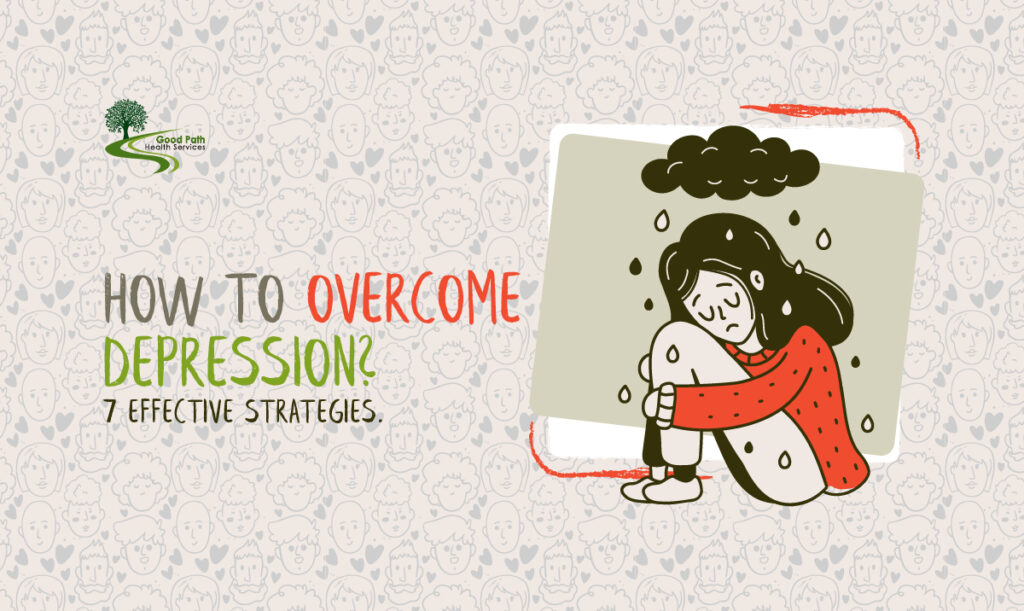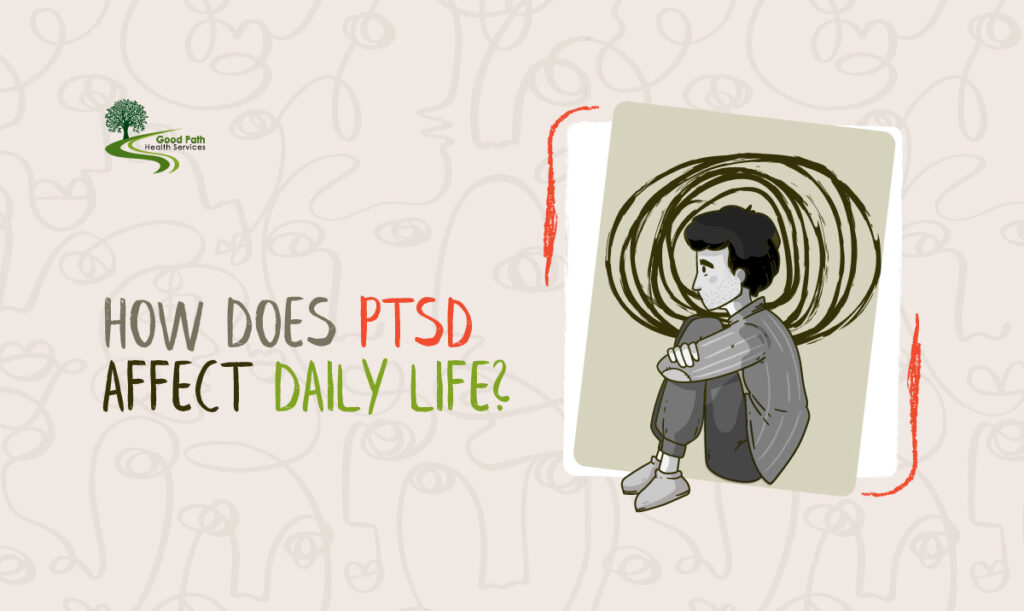
In a world where stress and anxiety seem to be ever-present companions, many are seeking natural methods to ease their minds and take control of their well-being.
Among a variety of wellness trends, magnesium stands out. But does magnesium help with anxiety?
This essential mineral, crucial for many body functions, might just be the ally you need in your mental health toolkit.
Let’s see how magnesium may play a part in reducing anxiety and find out if it’s the right solution for you.
Anxiety and How It Affects You
Anxiety can show as constant worry, unease, feeling tired, and trouble focusing.
Handling anxiety well typically needs a complete plan, encompassing lifestyle shifts, therapy, and at times, medication.
Natural supplements like magnesium can aid in managing symptoms.
The Role of Magnesium in the Body
Magnesium is a key mineral that aids many body functions. It’s important in nerve function, muscle health, and keeping heart rhythm steady.
Importantly, magnesium is thought to help control neurotransmitters, which can influence mood and anxiety levels.
How Does Magnesium Help with Anxiety?
Magnesium’s Role in the Nervous System
Magnesium helps with nerve function. It might impact mood chemicals in our brains. It helps keep our nervous system balanced, which could lessen feelings of anxiety.
Studies on Magnesium and Anxiety
Research shows that taking magnesium supplements might lessen subjective measures of anxiety and stress, as stated in a systematic review from MDPI.
Neurotransmitter Regulation
Magnesium helps manage neurotransmitters like serotonin. This ability may be why magnesium can lessen feelings of anxiety.
A review by MDPI supports this, saying magnesium helps manage anxiety and other mental health issues.
How to Include Magnesium in Your Diet
Dietary Sources of Magnesium
You can get plenty of magnesium from food.
- Think about green, leafy veggies—spinach, kale.
- Also, nuts and seeds, almonds, pumpkin seeds.
- Whole grains, as well. Brown rice, quinoa, those are good.
- Also, legumes. Black beans and chickpeas are packed with it.
Magnesium Supplements
You might need magnesium supplements if dietary sources aren’t enough. Speak to a healthcare expert for the proper dosage and kind.
Exploring Different Forms of Magnesium for Anxiety
Let’s examine magnesium supplements for anxiety. It’s vital to know the various types and what they offer.
Magnesium Glycinate vs Magnesium Threonate
Magnesium glycinate is known for its high absorption rate and gentle effect on the stomach. It’s often suggested for anxiety due to its soothing attributes.
In comparison, magnesium threonate excels due to its ability to cross the blood-brain barrier. This feature possibly enhances mood and cognitive function.
Possible Side Effects and Considerations
Risks of Overconsumption
Overusing magnesium, though usually harmless, can upset your stomach and cause diarrhea. It’s critical to stick to the suggested amounts and get professional health advice.
Interactions with Medications
Magnesium might react with some meds, like antibiotics and diuretics. Always ask a health pro before using supplements to avoid side effects.
How to Use Magnesium Safely
Though usually harmless, using magnesium wisely is crucial
The recommended daily allowance for adults is 310 to 420 mg of magnesium daily.
This might change, depending on your age, gender, or pregnancy status, as being pregnant can change how your body deals with vitamins and minerals.
Eating foods rich in magnesium can help meet this requirement.
Always talk to a health professional about the best dosage, especially if other health issues are present.
Other Benefits of Magnesium
Magnesium serves many purposes in your body, from mood regulation to digestive health.
Magnesium helps in:
- Alleviating constipation.
- Promoting good sleep.
- Pain mitigation.
- Migraine relief.
- Decreased chances of type 2 diabetes.
- Lowered blood pressure.
- Mood improvement.
Magnesium’s voluminous advantages warrant its importance.
Preliminary inferences suggest it being a successful anxiety remedy, but a healthcare practitioner’s advice should be the first step before starting any supplement routine.
Final Thoughts: Does Magnesium Help with Anxiety?
More research is necessary, but many people have seen magnesium help ease anxiety symptoms naturally.
Choosing the right kind of magnesium and making it a part of your holistic health routine could make it an essential resource in your fight against anxiety.
How Good Path Health Services Can Help
Handling anxiety isn’t easy—that’s where Good Path Health Services steps in. We’re here to give you personalized solutions for your specific needs.
Our expert team provides treatment specific to anxiety disorders and offers guidance on integrating natural supplements into your wellness plan.
Get in touch now to find out how we can help you on your journey to a healthier lifestyle.
FAQs
Does magnesium really help with anxiety?
Magnesium has been found to have a part in how the brain works and controls our mood. There’s some evidence suggesting it can lessen anxiety, but how much it helps can differ from person to person.
A talk with a health expert can help you decide if it’s right for you to add magnesium to your routine.
How long does it take for magnesium to help anxiety?
That can change due to one’s personal health and magnesium levels in the body. Some observe a change in a matter of weeks, whereas others may need more time to see the effect. Sticking with it and taking the correct amount is crucial.
Does magnesium deficiency cause anxiety?
Magnesium deficiency has been associated with increased anxiety levels. It’s essential to get enough magnesium for a stable mood and good mental health. If you think you might not have enough, it’s best to reach out to a doctor for tests and advice.
What are the best ways to manage anxiety?
Effective stress management blends lifestyle tweaks and professional aid.
That could entail routine exercise, balanced meals, adequate rest, mastering mindfulness, and seeking counsel.
A health expert can guide you in creating a method that matches your needs.
How effective is magnesium spray for anxiety?
Some people find magnesium spray helpful for easing anxiety. It’s absorbed through your skin and could quickly increase your magnesium levels.
People often claim it soothes, yet it varies. Always ask your doctor if it’s a fit for you and how to apply it properly.
What is the best magnesium lotion for anxiety?
The best magnesium lotion for anxiety will vary based on your personal likes and type of skin. Search for lotions with quality, easy-to-absorb types of magnesium like magnesium chloride or magnesium sulfate.
A lot of these lotions also use calming ingredients like lavender or chamomile. Reading reviews and seeking products with clear ingredient lists can guide you to the best choice.
Are there safe anxiety supplements for kids?
When thinking about anxiety supplements for kids, safety and suitability are key. Make sure to talk to a pediatrician before starting any supplement.
They might recommend natural choices, like omega-3 fatty acids or certain herbs. A personalized plan, which considers the child’s specific requirements and overall health, is crucial for effective management.



